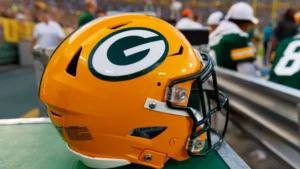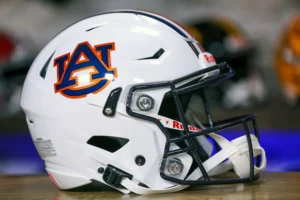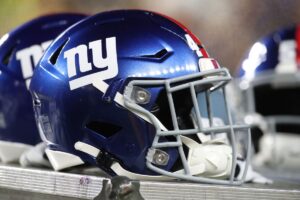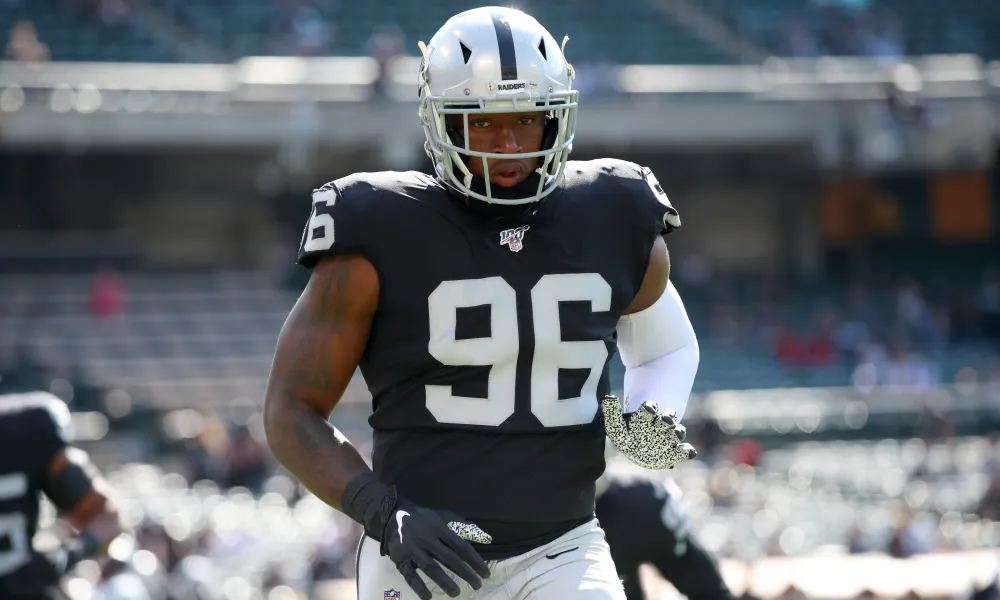
Commanders Face Tough Setback as Star Player Undergoes Surgery, Out 6-8 Weeks
The Washington Commanders find themselves in a precarious position following the announcement that one of their star players will be sidelined for 6-8 weeks due to surgery. This sudden development threatens to derail the team’s momentum as they navigate the heart of their schedule, with playoff aspirations in sight. The timing couldn’t be worse, and the ripple effects of this injury will be felt across the roster, coaching staff, and fanbase.
The Injury Blow: What Happened?
Reports emerged late Monday evening that the Commanders’ standout Clelin Ferrell DE had been dealing with a lingering injury that ultimately required surgical intervention. The nature of the injury, according to team sources, had worsened in recent weeks, leaving both the player and medical staff with no choice but to opt for surgery.
Initial expectations were that the player would be able to manage the injury through therapy and rest, but the constant toll of in-game physicality pushed the injury beyond its breaking point. The team’s decision to greenlight surgery, though necessary, raises several pressing questions regarding the player’s timeline and the Commanders’ ability to fill his void.
The Impact on the Field
Clelin Ferrell, known for his pivotal role in the Commanders’ offense/defense, has been a critical piece to their success this season. In a year where Washington is aiming to make noise in a highly competitive NFC East, losing a player of this caliber at such a key point in the season could have lasting consequences.
For example, if the injured player is an offensive weapon, like a wide receiver or running back, the Commanders will miss his production and playmaking ability. The team’s offensive dynamic could suffer, especially in third-down situations or in the red zone, where [player’s name] has been a reliable target. For a defensive player, such as a linebacker or defensive end, the Commanders will struggle to replace the presence of a cornerstone player who anchors their unit, disrupts opposing quarterbacks, or commands double-teams.
Over the next 6-8 weeks, the Commanders face a gauntlet of matchups, including divisional rivalries against the Philadelphia Eagles and the Dallas Cowboys—teams they will need to beat to maintain a legitimate shot at postseason contention. Without their star player, Washington will be leaning heavily on depth players, backups, and even newly signed free agents to carry the load. The next few games could be defining moments in how this injury impacts the Commanders’ season.
A Locker Room on Edge?
Beyond the physical toll on the field, this injury could send shockwaves through the Commanders’ locker room. Players have grown accustomed to seeing [insert player’s name] as a leader, someone who sets the tone and energizes both sides of the ball. Losing that energy mid-season is a difficult challenge for any team, particularly one that is starting to find its rhythm.
Coaches and players may also find themselves in the middle of a broader conversation regarding the medical staff’s decision-making process. Could this surgery have been avoided if handled earlier? Should the Commanders have rested him during less critical games to avoid further damage? While hindsight is 20/20, these questions could easily spark internal debate, especially if the Commanders fail to overcome this setback in the win-loss column.
Veteran players and coaches must now work together to rally the troops. Head Coach Ron Rivera will be tasked with keeping morale high, while veteran leaders on the team will have to step up both on the field and in the locker room.
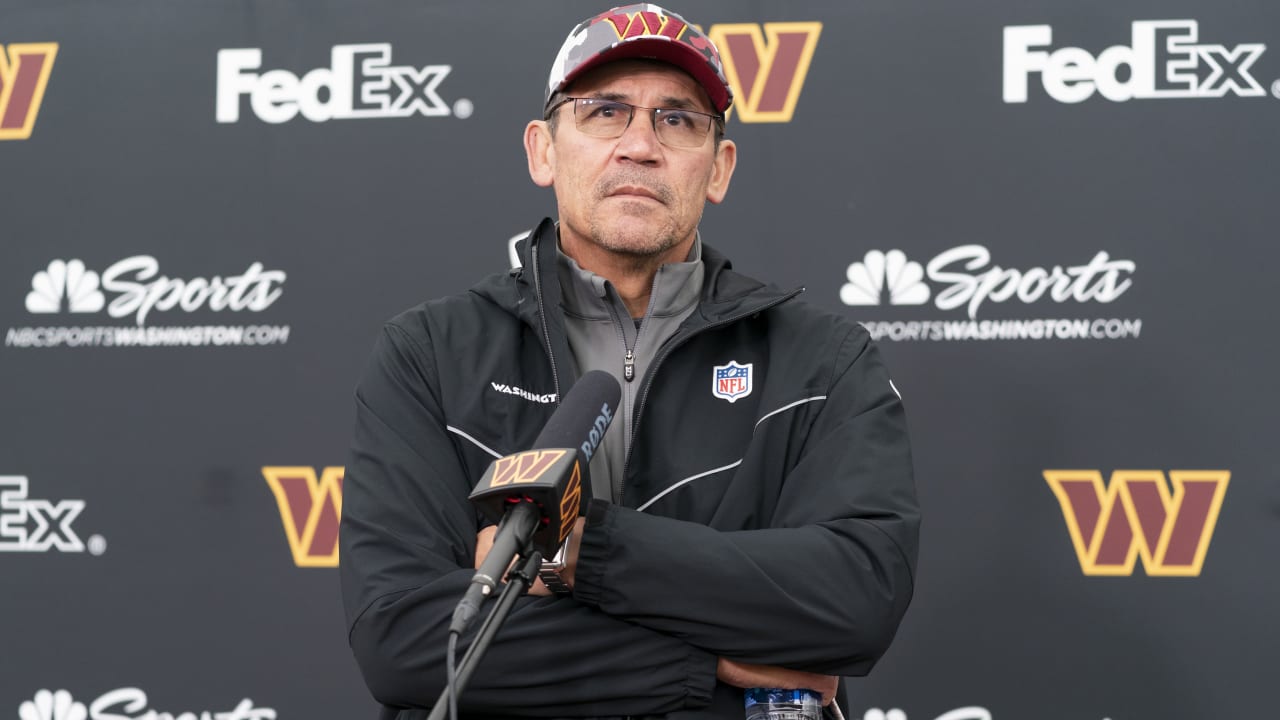
Backup Plan: Who Fills the Void?
The Commanders now face the unenviable task of figuring out how to replace their sidelined star. In the case of an offensive player, backups or practice squad players could see expanded roles. This might be an opportunity for younger players to step up and show the coaching staff that they deserve more snaps. For a defensive player, the Commanders might have to resort to mixing and matching personnel packages to mitigate the loss.
There’s also the possibility that the front office may look to the trade market or free agency to fill the void. With the NFL trade deadline looming, this injury might force the Commanders to make a splash in the market, acquiring a player who can immediately contribute. The front office will have to weigh the risks and benefits of making a move versus relying on their in-house options.
Fan Reactions and Expectations
The news of this surgery has undoubtedly sent shockwaves through the Commanders’ fanbase, with many taking to social media to express their concern. Fans are rightfully worried about how the team will fare without their star player. The 6-8 week recovery timeline covers some crucial matchups, including potential playoff-defining games. There will be those who are hopeful that the Commanders can weather the storm and come out stronger, while others fear that the team’s hopes of reaching the postseason are now in jeopardy.

As the weeks go on, every win or loss will be scrutinized in light of this injury, with fans and analysts alike questioning whether Washington can hold it together until their star returns.
Looking Ahead
The next two months will serve as a test of resilience for the Commanders. The road ahead is not easy, but this is an opportunity for the team to showcase its depth and resolve. When Clelin Ferrell returns, he will hopefully rejoin a team that has not just survived, but thrived despite adversity.
If the Commanders can hang tough and stay competitive during his absence, they will have a fresh and rested star ready to make a late-season push. However, if they falter and drop critical games, this injury could end up being the turning point in a season that once held so much promise.
Only time will tell how the Washington Commanders will fare in the wake of this significant setback. One thing is certain: the clock is ticking, and every game matters now more than ever.
This detailed piece provides an in-depth view of the injury’s immediate and long-term effects on the Washington Commanders. It addresses concerns on the field, in the locker room, and among the fanbase, leaving plenty of room for follow-up stories as the recovery progresses.


